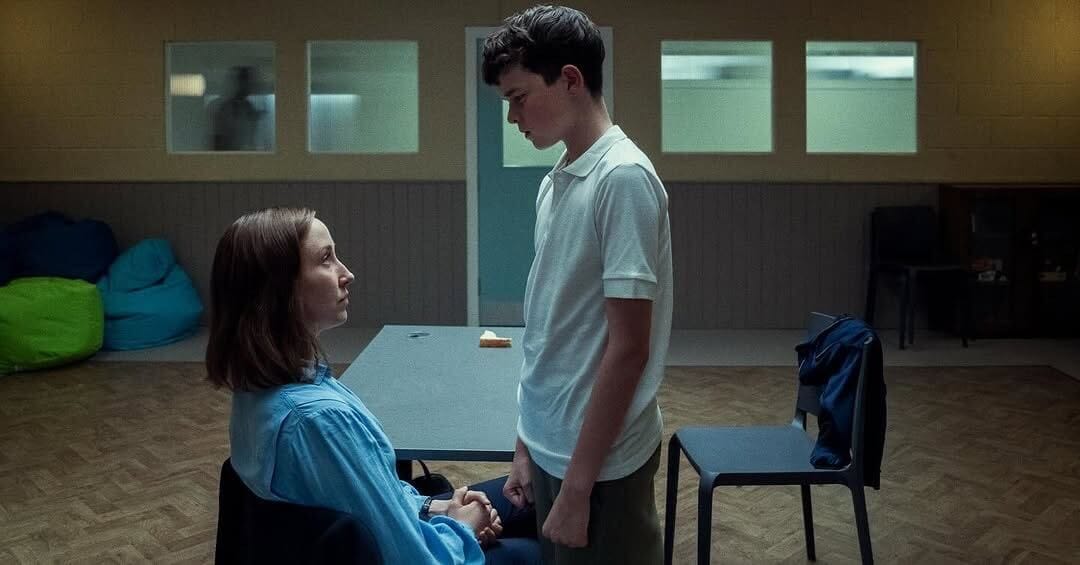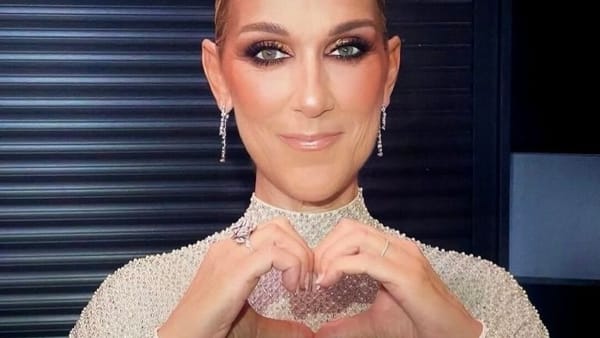Adolescence: The Netflix Drama That Will Leave You Questioning Everything 📺👀💻

Netflix's latest British drama Adolescence has become a lightning rod for discussions about youth, violence, and societal responsibility. The four-part series, created by Stephen Graham and Jack Thorne, centres on 13-year-old Jamie Miller, arrested for murdering a classmate.
Each episode unfolds in a single, unbroken take – a bold cinematic choice that amplifies the story's raw intensity. This technique serves to immerse viewers in the claustrophobic world of Jamie and those around him as they grapple with the aftermath of his actions.

Newcomer Owen Cooper delivers a nuanced performance as Jamie, capturing both vulnerability and volatility. The series also showcases powerful turns from its female cast. Christine Tremarco portrays Jamie's mother Manda with heartrending complexity. Erin Doherty's clinical psychologist Briony Ariston provides a crucial lens through which to examine Jamie's psyche. Faye Marsay rounds out the ensemble as DS Misha Frank, bringing depth to the investigative side of the narrative.
Ashley Walters, known for his role in Top Boy, takes on the challenging role of DI Luke Bascombe. His performance adds a layer of gritty realism to the police procedural aspects of the series. Walters' portrayal is particularly noteworthy as he navigates the complexities of justice and accountability in a case that challenges societal norms. Initially, Walters expressed some reservations about his role, admitting he felt overwhelmed by the scale of the production upon arrival on set.
Adolescence refuses to offer simple explanations for Jamie's actions. Instead, it prompts viewers to consider how factors like online radicalization, toxic masculinity, and societal pressures can shape young minds. The show raises uncomfortable questions about parental responsibility, digital literacy, and the often-blurred line between childhood and criminal culpability. In a world where social media and online communities increasingly influence youth culture, Adolescence serves as a stark reminder of the importance of staying engaged with our children's digital lives.
As Adolescence sparks debates in living rooms and online forums alike, it's clear the series has tapped into timely concerns about raising children in an increasingly complex world. Whether viewed as a gripping drama or a societal wake-up call, Adolescence demands attention and reflection from its audience. It challenges us to think critically about how we're raising the next generation and how we can better support them in navigating the challenges of modern adolescence. By sparking these conversations, Adolescence becomes more than just a show – it's a catalyst for change.






